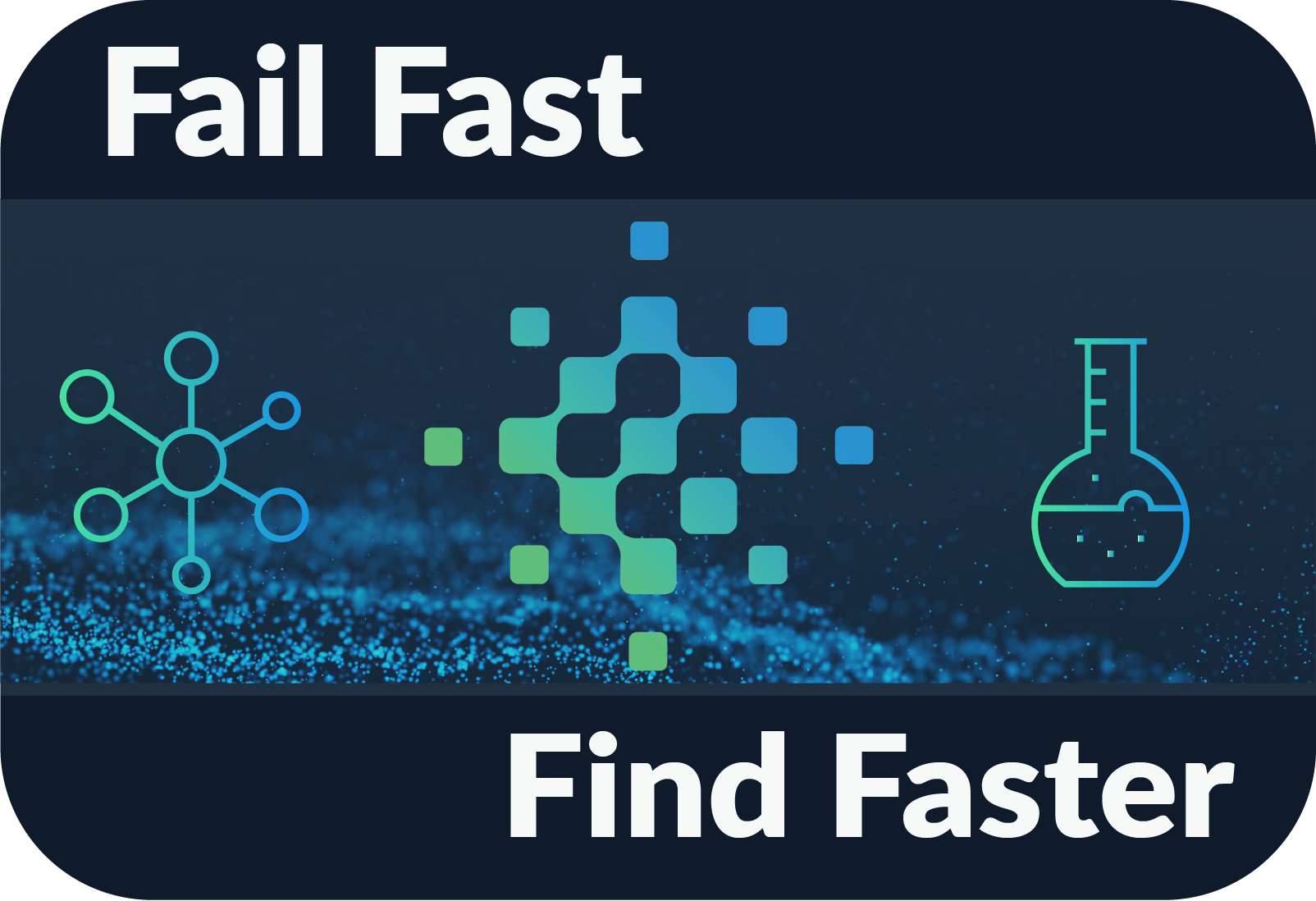One of the most powerful principles in software development is the concept of “Failing Fast.” This concept is based on the idea that the sooner you can identify and discard unproductive paths, the faster you can reach effective solutions. At PolarisQB, we have adopted this concept as a core aspect of our Quantum-Aided Drug Design (QuADD) platform, which is revolutionizing and accelerating the research of our partners and clients in ways that traditional methods could not achieve.

“Fail fast” is a familiar phrase among software developers. It’s significance is heightened when working in pioneering fields like quantum computing. When creating any novel product, it’s essential to recognize that you may encounter obstacles throughout the development process. While this can be frustrating, it is inherently part of the journey toward achieving something which is truly revolutionary. We are charting a new path in computational chemistry with quantum technology.
In pharmaceutical research, the era of cloud computing has witnessed a notable shift from predominantly wet lab-based research to a blend of computational tools, including Artificial Intelligence (AI) and Machine Learning (ML) techniques. These tools enable scientists to explore multiple initial avenues in molecular research without the significant cost and time associated with wet lab research. Drug discovery is often a challenging and arduous process; many researchers may spend their entire careers without contributing to a successful project, as noted by Dave Ricks of Eli Lilly in his conversation with Diane Brady. Computational tools have made great strides in assisting to identify new targets for drug discovery teams, but these tools cannot guide discovery teams toward the most effective areas for finding solutions.
PolarisQB introduced QuADD in 2022, a revolutionary platform designed to assist researchers by harnessing the power of modern quantum computers. QuADD produces an optimized library of potential candidates for specific targets in drug research by optimizing the search and identifying molecules that satisfy a number of drug-like characteristics. Drug discovery teams can prioritize the most promising candidates by integrating more of the fast-failure concept into their process by using QuADD. By starting their projects with a vast catalog of over 1030 molecular options and identifying those likely to exhibit strong binding and activity based drug-like characteristics in a matter of days, testing can proceed rapidly and unproductive routes eliminated.
Traditionally, the combinatorial challenges of this type of computational research have been too large for conventional computing resources. However, PolarisQB has made it possible through quantum computing’s unique ability to tackle optimization problems in a way that propels research processes forward at an unprecedented pace. Tasks that may have historically taken months or even years can now be completed in just days or minutes. This enables faster paths to both success and to discontinuing underperforming projects.
Raheev Deubey from AstraZeneca expressed his views on “fail fast,” stating, “If there’s an element of risk or failure, then try to fail fast. By doing that, you free up resources for projects that we support.” When companies implement the “fail fast” approach in the early phases of projects, as we are facilitating with QuADD, they can become more efficient and concentrate finite resources on projects and targets where they are most likely to succeed and create a significant impact.
According to Tamara Rogers, Former Vice President and Region Head for GSK Consumer Healthcare in EMEA, major pharmaceutical companies are better positioned than startups or mid-sized companies to adopt the “fail fast” philosophy. A goal for PolarisQB is for QuADD to enable researchers, at every scale of organization, to leverage the fail fast philosophy to streamline their initial research efforts. Dave Ricks from Eli Lilly emphasized its importance, stating, “The other thing we can control is where we focus our efforts…determining where we should direct scientists to investigate.”
QuADD is a powerful new tool that helps scientists better understand where to search for novel molecules that can effectively fit a particular target, even before expensive and time consuming experiments in the lab. By adopting a “fail fast” strategy, our platform provides researchers with previously unavailable insights into relevant molecular spaces. These molecular spaces enables research to start from a stronger position, focusing on molecules more likely to exhibit the desired binding affinity and other essential properties. In this way, PolarisQB empowers companies to “Fail Fast, Find Faster” by identifying potential solutions in the drug discovery process at unattainable speeds without the QuADD platform


